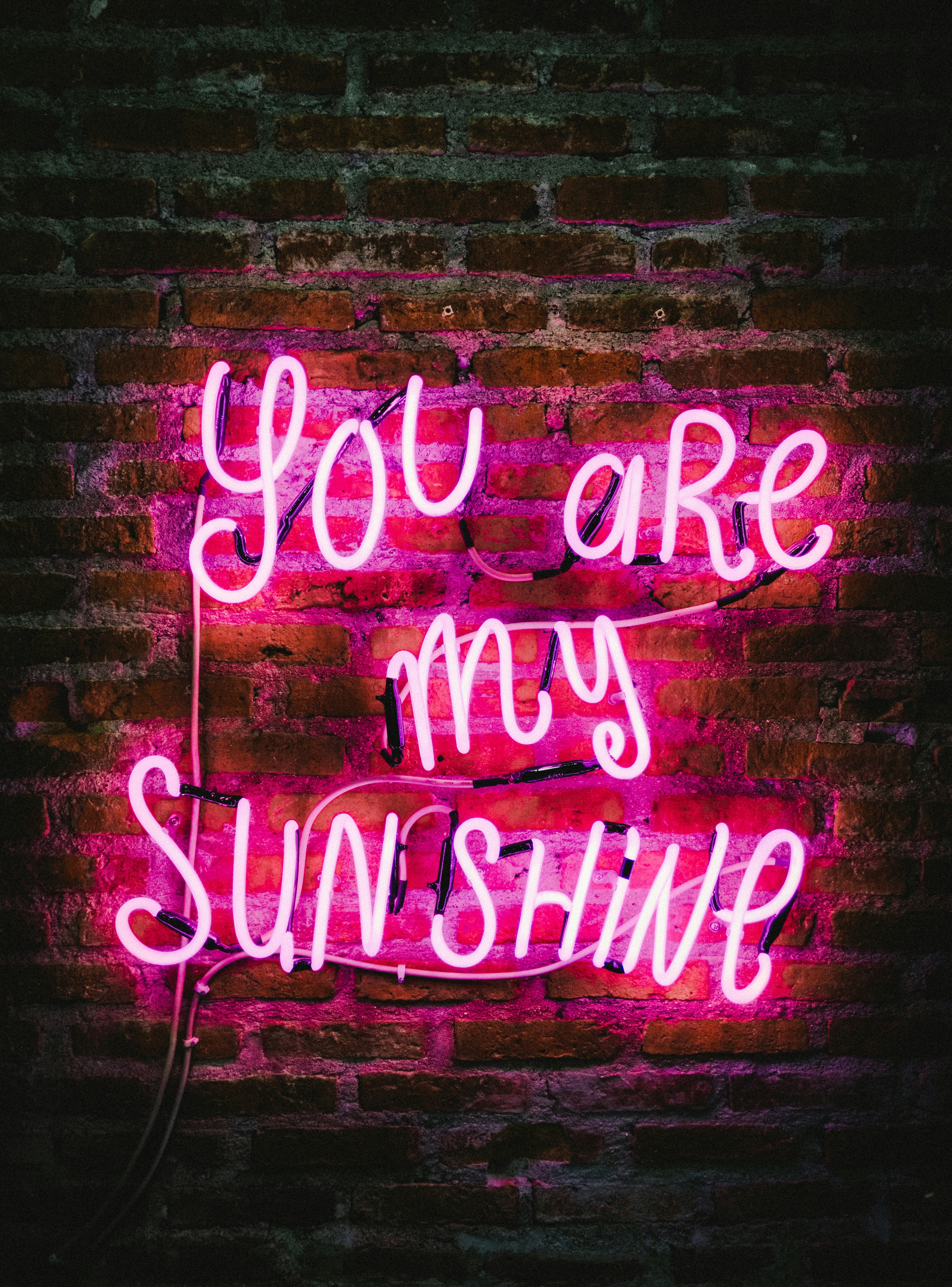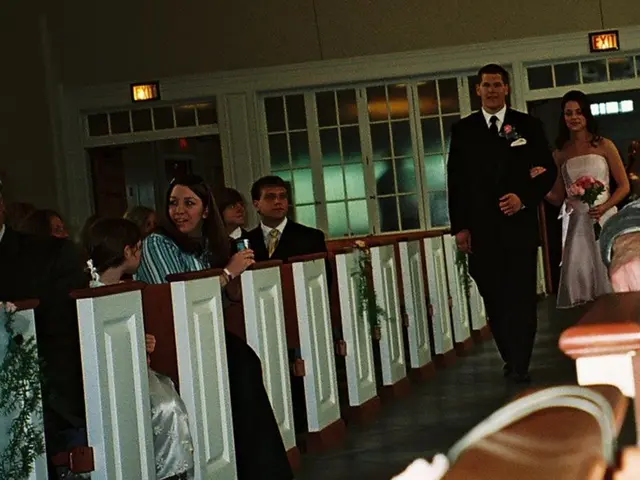World War II memorials in Berlin flag ban: What you need to know
Lawful Actions Behind the Prohibition of Soviet Flags at World War II Memorial in Berlin - Restriction of Soviet Flags at World War II Memorial in Berlin
In the heart of Berlin, the bustling city that became a symbol of division and unity, a ban on Soviet Union flags near memorials and commemorative events has stirred controversy. So what's the story behind this decision?
- Context:
On the 80th anniversary of the end of World War II, Berlin authorities moved to maintain public order and respect for the memorials, leading to a ban on Soviet Union flags and other Russian symbols in certain areas. The decision was upheld by courts, arguing it was necessary to ensure peace and a dignified commemoration.
- The Rationale:
The Berlin Administrative Court, in its ruling, stated that the ban aims to maintain public peace, respect the remembrance of the war victims, and prevent the inappropriate glorification of conflicts or associated propaganda during solemn events. The court clarified that although the display of Soviet Union flags may not necessarily equate to support for Russia, in the current geopolitical context, such displays might reasonably be interpreted as expressing sympathy for Russia's military actions, particularly in the context of the ongoing conflict in Ukraine.
- Implications and Controversy:
The ban extends to other Russian symbols, such as St. George’s ribbons, and items that could be seen as glorifying the current conflict. Critics argue that this amounts to a suppression of free speech and a lack of respect for historical symbolism. Supporters, however, assert that the ban is necessary to preserve peace and maintain the dignity of war remembrances.
- Historical Context:
The Treptow district, a former East Berlin neighborhood, is home to a central memorial for the Soviet soldiers who fought against Nazi Germany during World War II. The dissolution of the Soviet Union, in 1991, resulted in the breakup of the communist dictatorship into its successor states, including Russia and Ukraine. Today, references to the Soviet era remain controversial, with the current Russian leadership under President Putin using them for propaganda purposes.
- Tone and Language:
The ban's implementation and implications have sparked discussions, and while the reasoning behind it may be debated, it's essential to remember that the primary goal is to maintain respectful and peaceful commemoration of a tragic historical event.
- Memorial
- Flag
- USSR
- World War II remembrance
- Second World War
- Berlin
- Police
- Anniversary
- Russia
- Treptow
- Ukraine
- Free speech
- Propaganda
- Soviet-era symbols
- St. George’s ribbons
Enrichment Data:The ban on Soviet flags and other Russian symbols is not simply about preserving public peace and maintaining dignity during commemorations; it's also about navigating the complexities of contemporary geopolitics, particularly in light of ongoing conflicts such as the war in Ukraine. Critics of the ban argue that it could be seen as a suppression of free speech, while supporters contend that it's necessary to prevent the misuse of these symbols for propaganda purposes, especially with the Russian leadership's history of using them to glorify current military actions[1][2].
This ban also underscores the ongoing debate over historical symbolism, as the display of these symbols, while commemorating the sacrifices of Soviet soldiers, may unintentionally promote ideologies that some find objectionable[3].
Sources:[1] Deutsche Welle. (2025, May 9). Berlin bans Soviet flags, St George's ribbons at anniversary events. https://www.dw.com/en/berlin-bans-soviet-flags-st-george-s-ribbons-at-anniversary-events/a-59577340
[2] The Local. (2025, May 8). Berlin bans Soviet flags and St George's Ribbons on Victory in Europe Day. https://www.thelocal.de/20250508/berlin-bans-soviet-flags-and-st-georges-ribbons-on-victory-in-europe-day
[3] The Art Newspaper. (2025, May 11). Berlin's decision to ban Soviet flags sparks debate over artistic freedom. https://www.theartnewspaper.com/news/berlins-decision-to-ban-soviet-flags-sparks-debate-over-artistic-freedom
[4] BBC News. (2025, May 12). Berlin: Why the ban on Soviet flags is so controversial. https://www.bbc.com/news/world-europe-62812374
- The ban on Soviet Union flags in Berlin, particularly near World War II memorials, has led to a contentious discussion about the balance between public order, historical symbolism, and free speech.
- Originating from the 80th anniversary commemorations of the end of World War II, the ban on Soviet flags and Russian symbols was implemented to prevent the glorification of conflicts and propaganda during solemn events.
- Critics argue that this ban constitutes a suppression of free speech, given the historical significance of the Soviet Union flag in symbolizing the sacrifices of the soldiers who fought against Nazi Germany.
- The ban, however, is also seen as necessary to maintain peace and the dignity of World War II remembrances, considering the ongoing geopolitical context and potential misuse of the symbols by the Russian leadership for propaganda purposes.








